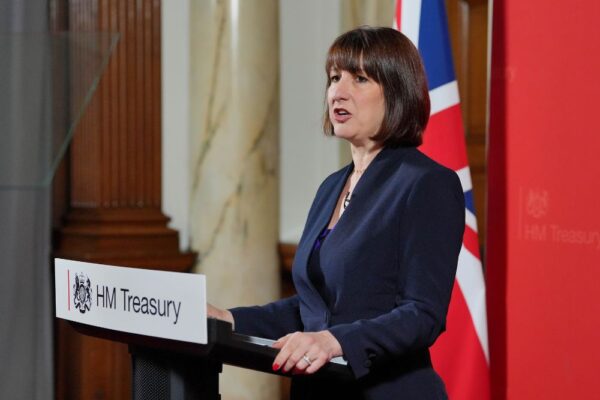In a move to safeguard the stability of the UK’s motor finance industry, Chancellor Rachel Reeves has launched a bid to intervene in a high-stakes Supreme Court case involving allegations of car loan mis-selling.
The case has significant implications for lenders, consumers, and the broader financial market.
The Supreme Court is set to hear the case in April 2025, following a Court of Appeal ruling that deemed it unlawful for lenders to pay undisclosed commissions to car dealers.
These commissions were allegedly not disclosed to borrowers, sparking a wave of complaints and concerns about potential mis-selling practices.
If the earlier ruling is upheld, lenders could face compensation claims estimated at up to £44 billion, likened by experts to the financial fallout of the infamous payment protection insurance (PPI) scandal.
Protecting Market Stability
Reeves’ intervention highlights the government’s focus on averting a potential crisis in the motor finance sector.
Treasury officials argue that massive compensation payouts could destabilize the market, reducing consumers’ access to affordable car loans and creating financial uncertainty for lenders.
A Treasury spokesperson stated, “While we are committed to ensuring fairness and transparency in financial services, we must also act to preserve the functionality of essential markets. This case poses risks that could ripple across the industry and impact millions of borrowers.”
A Growing Problem
Complaints related to car finance agreements have surged in recent years, according to data from the Financial Conduct Authority (FCA).
The regulator has proposed measures to manage the influx of complaints, including extending the timeframe for lenders to address consumer grievances.
These proposed changes would allow lenders up to a year to resolve complaints, giving both parties more time to reach amicable solutions.
Consumer advocacy groups, however, have raised concerns about potential delays in justice for affected borrowers. “While we understand the need to balance market stability, it’s crucial that consumers are not left waiting for fair treatment,” said a spokesperson for one such organization.
The Industry’s Perspective
The motor finance industry has expressed apprehension over the financial and operational challenges posed by the case. Industry representatives have called for a balanced approach that addresses consumer concerns while ensuring that lenders can continue to operate effectively.
“The allegations of mis-selling are serious, and the industry must learn from these issues to improve transparency,” said a senior executive at a leading car finance company. “However, the scale of potential compensation threatens to overwhelm many lenders, potentially impacting car buyers in the long run.”
Looking Ahead
As the Supreme Court prepares to hear the case, the government’s intervention underscores the high stakes involved.
Observers will be watching closely to see how the court’s decision shapes the future of car finance in the UK.
For borrowers, the outcome could mean greater transparency and protection in financial agreements, while lenders hope for a resolution that ensures their long-term viability.
With billions of pounds and the trust of millions of consumers at stake, this case could redefine the landscape of car finance in the UK.
Also Read
Eskom’s Power Comeback: 300 Days Without Load Shedding Sparks Hope for South Africa
The World’s Top 10 Richest People in 2025: A Closer Look at Their Fortunes
